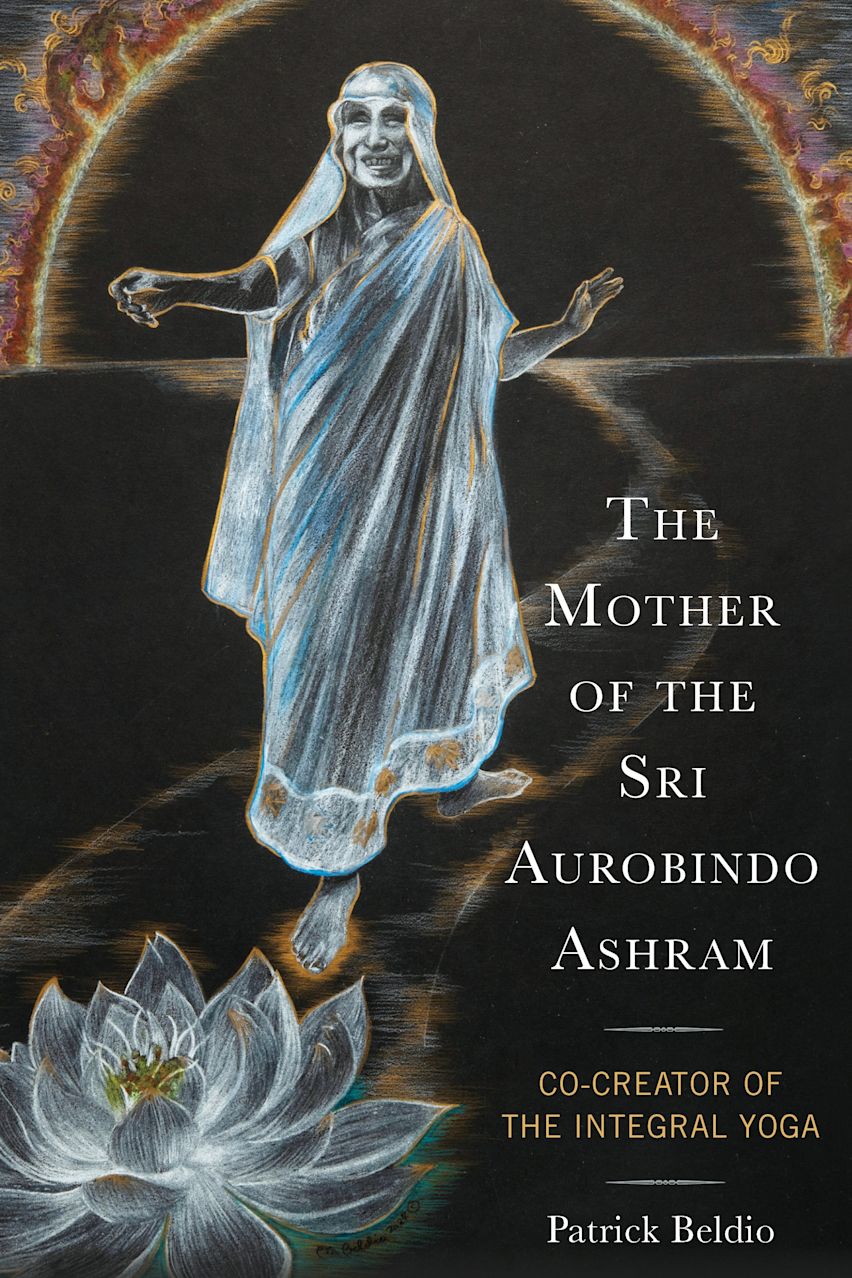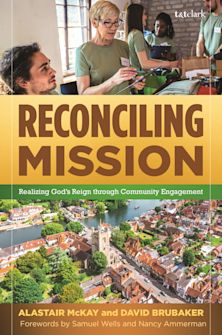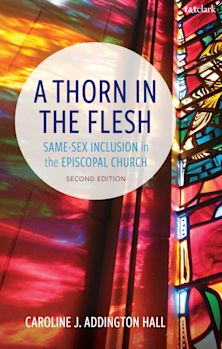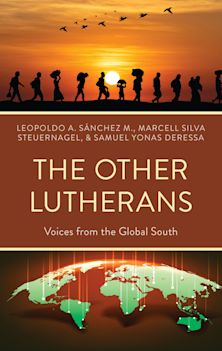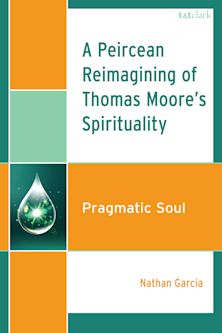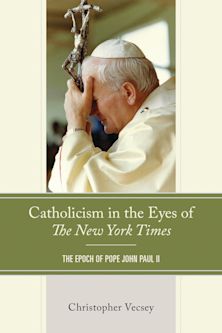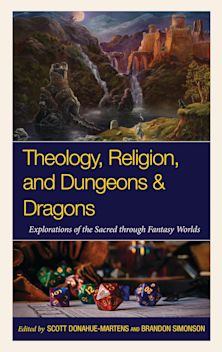The Mother of the Sri Aurobindo Ashram
Co-Creator of the Integral Yoga
The Mother of the Sri Aurobindo Ashram
Co-Creator of the Integral Yoga
This product is usually dispatched within 1 week
- Delivery and returns info
-
Free US delivery on orders $35 or over
Description
The Mother of the Sri Aurobindo Ashram: Co-Creator of the Integral Yoga analyzes the contributions of the Mother (née Mirra Alfassa, 1878-1973) to the Integral Yoga that she and Sri Aurobindo (né Aurobindo Ghose, 1872-1950) co-created for his ashram. Scholars have ignored Mirra for Aurobindo, which prevents a full understanding of their spiritual practice. Scholars have also avoided examining work Aurobindo produced after they began their partnership in 1920 until his death in 1950, and privileged the written output in his journal Arya from 1914 to 1921. In this initial fertile period, he put forth his innovative teaching about what he called the “Supermind,” an emergent human faculty that he said would manifest a new humanity and a new earth through Mirra’s body. Mirra claimed that after his death in 1956 this manifestation happened as he foretold. Mirra’s work in the ashram from his death until hers in 1973 reveals important ways that she both fulfilled and changed Aurobindo’s initial vision. These developments are chiefly based on her experiences of mental dissolution while her body gained a new supramental form and consciousness.
Table of Contents
Preface: The Divine Mother & The Men Who Revealed Her to Me
Introduction: State of the Field and My Comparative Theological Method
Part I: Sri Aurobindo, The Mother, and the New Being
Chapter 1: Divine Madness: Sri Aurobindo’s Intellectual and Spiritual Development
Chapter 2: Spiritual Dualité: Mirra Joins Aurobindo to Universalize Supermind
Chapter 3: The New Being: Mirra’s and Aurobindo’s Posthuman Ideal of Wholeness
Part II: The Four Personalities of Mahasakti
Chapter 4: The Wisdom of Mahesvari: Mental Annihilation and the Integral Yoga
Chapter 5: The Strength of Mahakali: Progress through Opposition in the Integral Yoga
Chapter 6: The Harmony of Mahalak?mi: The Yoke of Beauty and Love in the Integral Yoga
Chapter 7: The Perfection of Mahasarasvati: The Integral Yoga as a Descendant Path to God Realization
Conclusion: Divine Revelation Across Creation and History
Appendix 1: Timeline
Appendix 2: Two Periods of Mirra’s and Aurobindo’s Written and Creative Production
Bibliography
About the Author
Product details
| Published | Dec 15 2024 |
|---|---|
| Format | Hardback |
| Edition | 1st |
| Extent | 486 |
| ISBN | 9781793624260 |
| Imprint | Lexington Books |
| Dimensions | 9 x 6 inches |
| Series | Explorations in Indic Traditions: Theological, Ethical, and Philosophical |
| Publisher | Bloomsbury Publishing |
Reviews

ONLINE RESOURCES
Bloomsbury Collections
This book is available on Bloomsbury Collections where your library has access.











